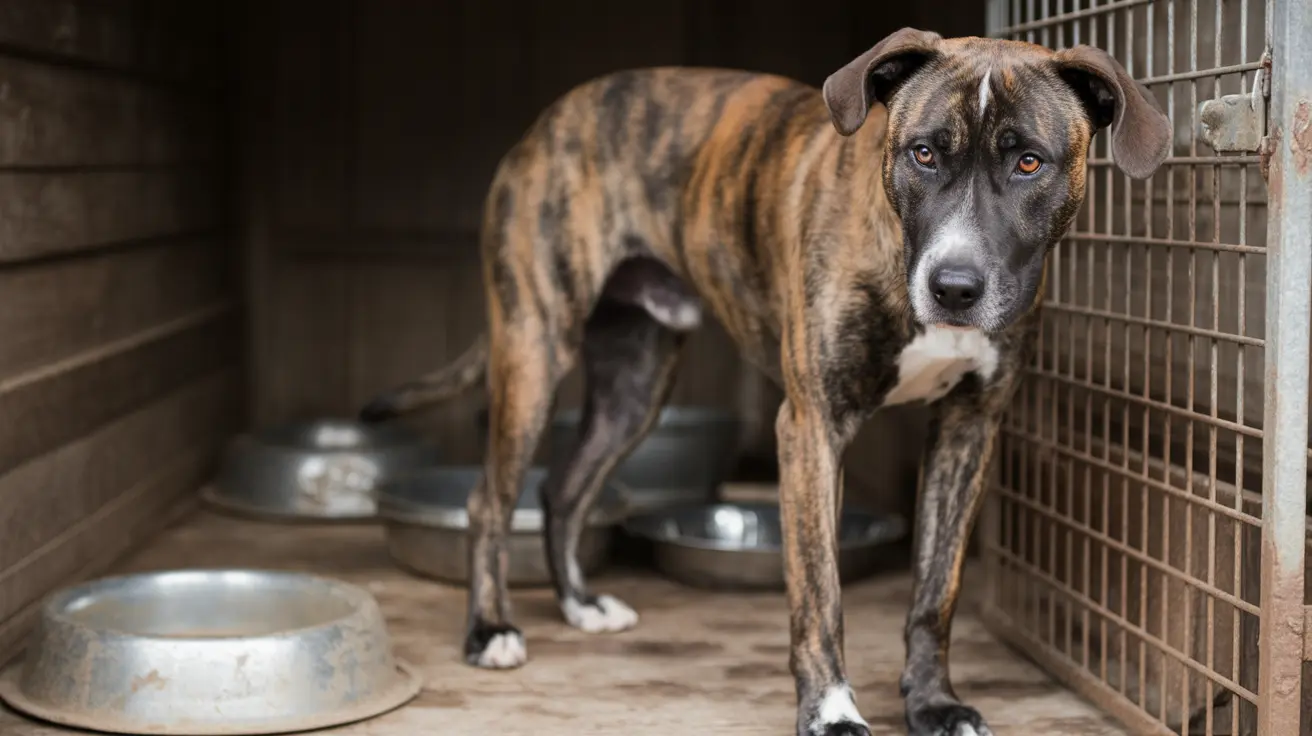Can Dogs Eat Zucchini? A Complete Guide for Pet Owners
If you've ever wondered whether it's safe to share a slice of zucchini with your dog, you're not alone. Many pet owners look for healthy, low-calorie treats to supplement their dog's diet. Zucchini fits the bill, but there are some important guidelines to follow to keep your furry friend safe and happy.
Is Zucchini Safe for Dogs?
Absolutely! Dogs can safely consume zucchini in moderation. You can offer it either raw or cooked, but always make sure it's prepared plain—without oils, butter, salt, or any seasonings. Zucchini is a member of the squash family and is considered a great alternative to high-calorie dog treats, especially for pups who need to watch their weight.
Nutritional Benefits of Zucchini for Dogs
Zucchini is low in calories and high in fiber, making it an excellent snack for dogs. It's packed with essential vitamins and minerals, including:
- Vitamin A
- Vitamin C
- Vitamin K
- Potassium
- Magnesium
- Folate
These nutrients support your dog's immune system, vision, bone health, and more. The fiber content also aids digestion and helps your dog feel full without adding unnecessary calories.
How to Prepare Zucchini for Dogs
When feeding zucchini to your dog, keep these preparation tips in mind:
- Always serve zucchini plain—never add oils, butter, salt, or spices.
- Avoid ingredients that are toxic to dogs, such as garlic and onions.
- Cut zucchini into small, bite-size pieces to prevent choking hazards.
- Steaming or lightly baking zucchini can make it easier for some dogs to digest.
- If serving raw, wash the zucchini thoroughly and chop it appropriately.
All parts of the zucchini plant—including the skin and flowers—are non-toxic for dogs. Just make sure they're clean and free from pesticides or dirt before offering them as a treat.
How Much Zucchini Can Dogs Eat?
Zucchini should be an occasional snack or treat—not a replacement for your dog's balanced diet. Treats like zucchini should make up no more than 10% of your dog's daily caloric intake. The right amount depends on your dog's size:
- Extra-small dogs (2–10 lbs): about 1 teaspoon per day
- Small dogs (11–20 lbs): 2 teaspoons per day
- Medium dogs (21–50 lbs): 2–3 teaspoons per day
- Large dogs (51–90 lbs): 1–2 tablespoons per day
- Extra-large dogs (91+ lbs): up to 3–4 tablespoons per day
Always introduce new foods gradually and watch for any signs of digestive upset such as vomiting, diarrhea, constipation, or loss of appetite. If you notice any adverse reactions, stop feeding zucchini and consult your veterinarian.
What Forms of Zucchini Should Be Avoided?
Avoid giving your dog zucchini bread, baked goods, or fried zucchini. These often contain added sugar, fats, spices, or artificial sweeteners like xylitol—which can be harmful to dogs. Stick with plain zucchini that's raw, steamed, boiled, or baked without additives.
Zucchini for Puppies
Puppies can also enjoy zucchini in small, cooked pieces. However, it's wise to check with your veterinarian before introducing any new foods to younger dogs, as their digestive systems are still developing.
Zucchini Skin: Is It Safe?
The skin of zucchini is safe for dogs and contains beneficial fiber and antioxidants. Just make sure it's thoroughly washed to remove any pesticides or dirt before serving.
Other Safe Vegetables for Dogs
If your dog enjoys zucchini, you might also consider these other safe vegetables:
- Beans
- Broccoli
- Carrots
- Cauliflower
- Celery
- Cucumbers
- Green beans
- Lettuce
- Peas
- Spinach
- Sweet potatoes
- Tomatoes (ripe only)
Avoid giving your dog onions, chives, shallots, and be cautious with garlic in large quantities, as these can be toxic.
Do Dogs Need Vegetables Like Zucchini?
Dogs don't require vegetables like zucchini for complete nutrition. However, offering small amounts can provide extra hydration, dietary variety, and a low-calorie reward. Always introduce new foods slowly and watch for any adverse effects. If you have concerns about your dog's diet or portion sizes, reach out to your veterinarian for guidance.





